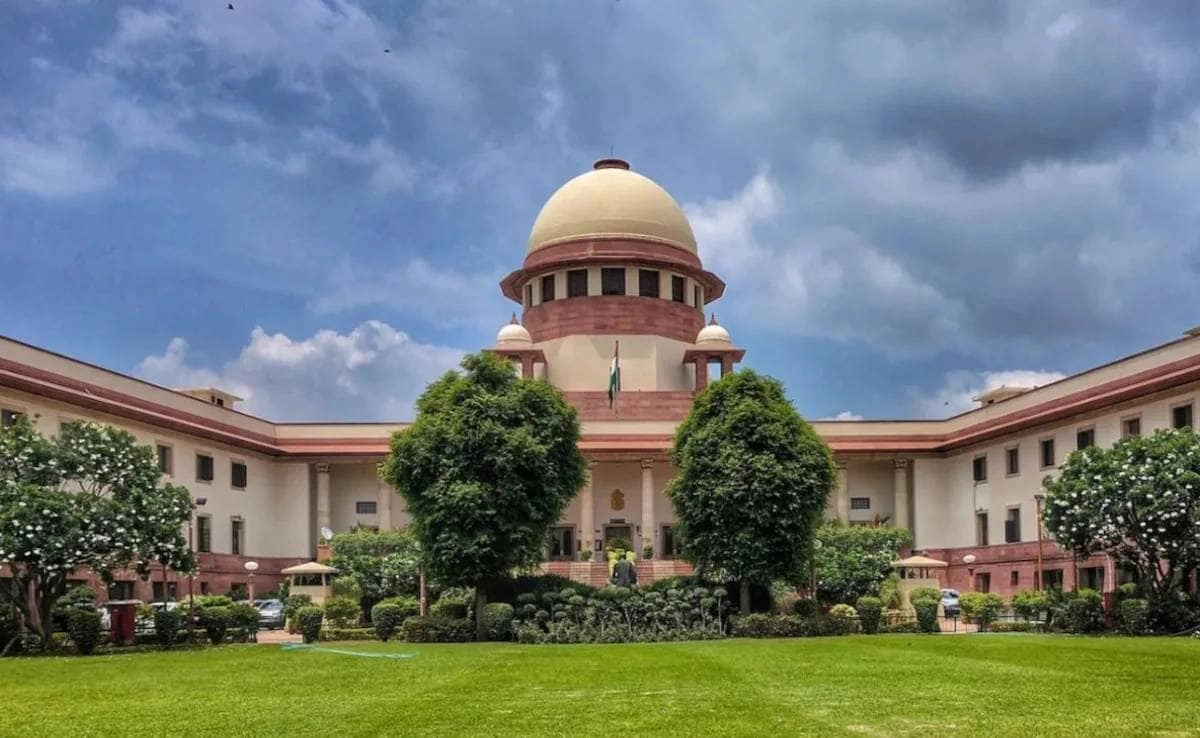A tragic incident unfolded during the celebration of Karwa Chauth when a woman from Punjab, who was fasting as part of this traditional occasion, collapsed mid-dance and later died. The poignant moment was captured on camera, highlighting not only the cultural significance of the festival but also the potential health risks associated with prolonged fasting. Karwa Chauth, a festival observed by married Hindu women, involves fasting from sunrise to moonrise for the well-being and longevity of their husbands. The ritual, steeped in tradition, often sees women engaging in various festivities, including dancing and singing, to celebrate their devotion.
In this particular case, the woman was participating in a lively dance with friends and family, embodying the joy and spirit of the occasion. However, her sudden collapse serves as a stark reminder of the physical toll that fasting can take, especially when combined with the exuberance of celebratory activities. Despite the festive atmosphere, her health deteriorated rapidly, leading to a tragic outcome that left her loved ones in shock and grief. This incident raises important questions about the health implications of such rituals, particularly for women who may overexert themselves during fasting.
The incident also highlights a broader societal issue regarding the expectations placed on women during cultural and religious observances. While these traditions are cherished and hold deep meaning, they can sometimes lead to dangerous situations when health is overlooked in favor of adherence to customs. The woman’s death has sparked discussions in the community about the need for greater awareness regarding health and wellness during fasting periods. As families continue to honor their traditions, it is crucial to consider the balance between cultural practices and individual well-being, ensuring that such tragic events do not recur in the future.




